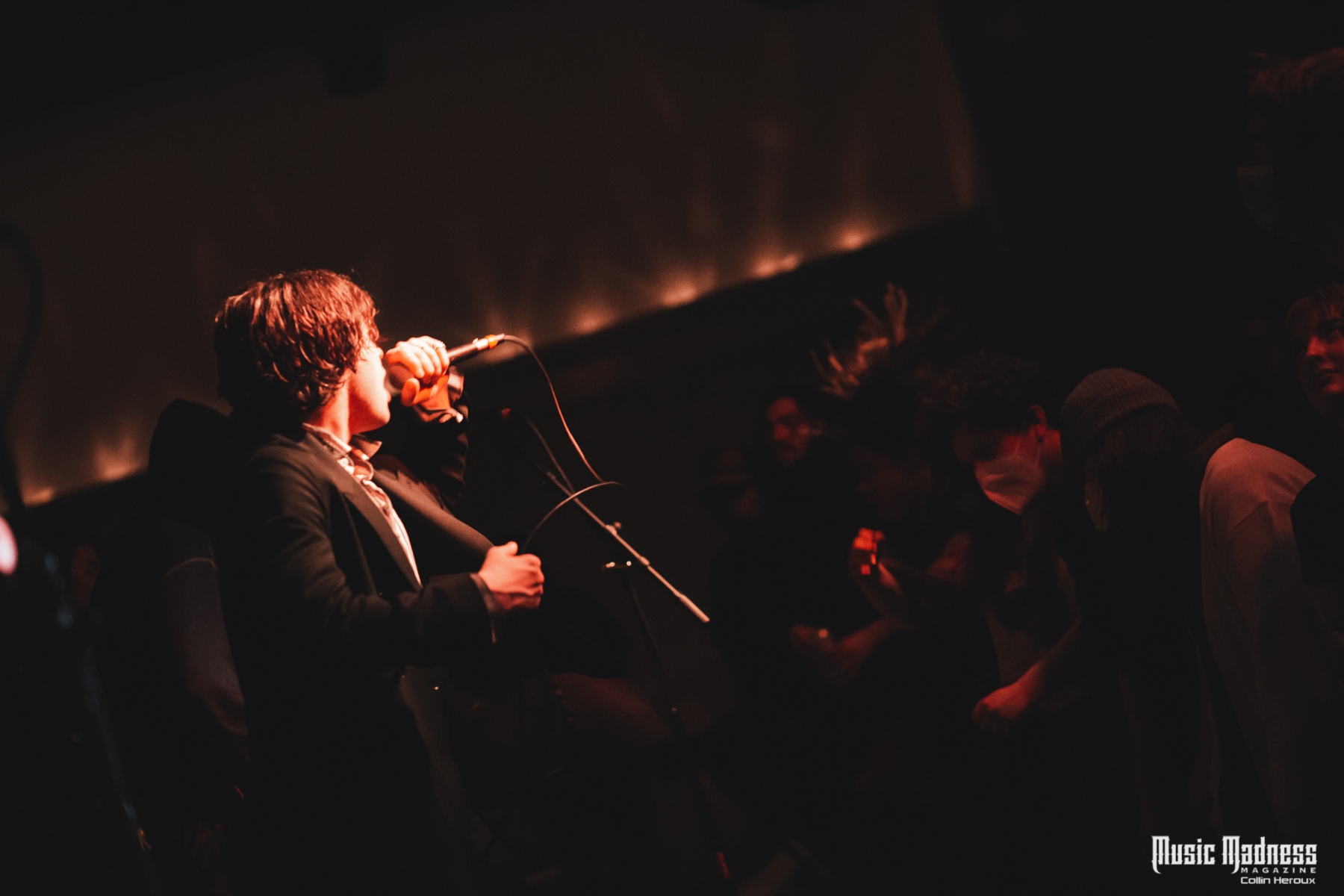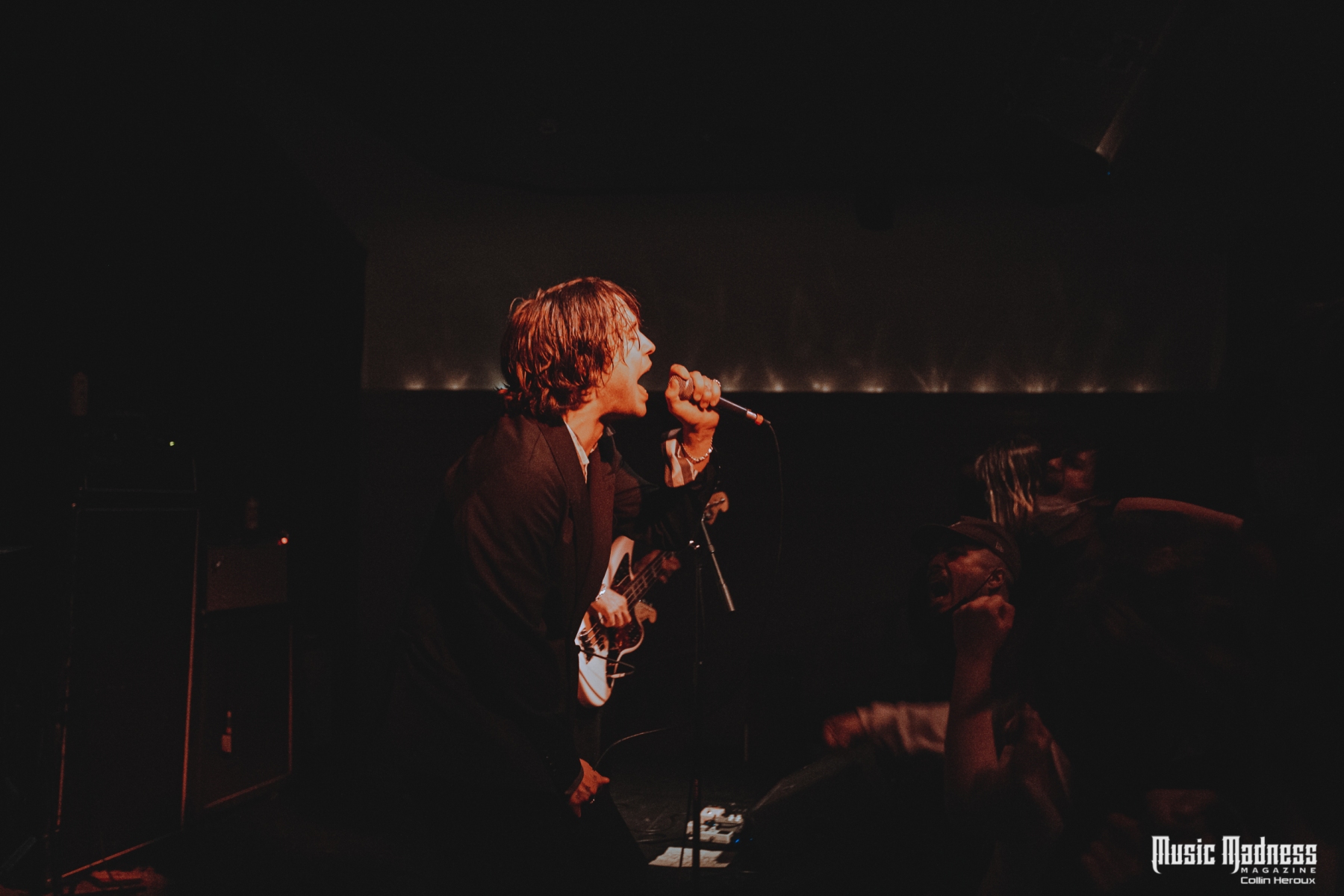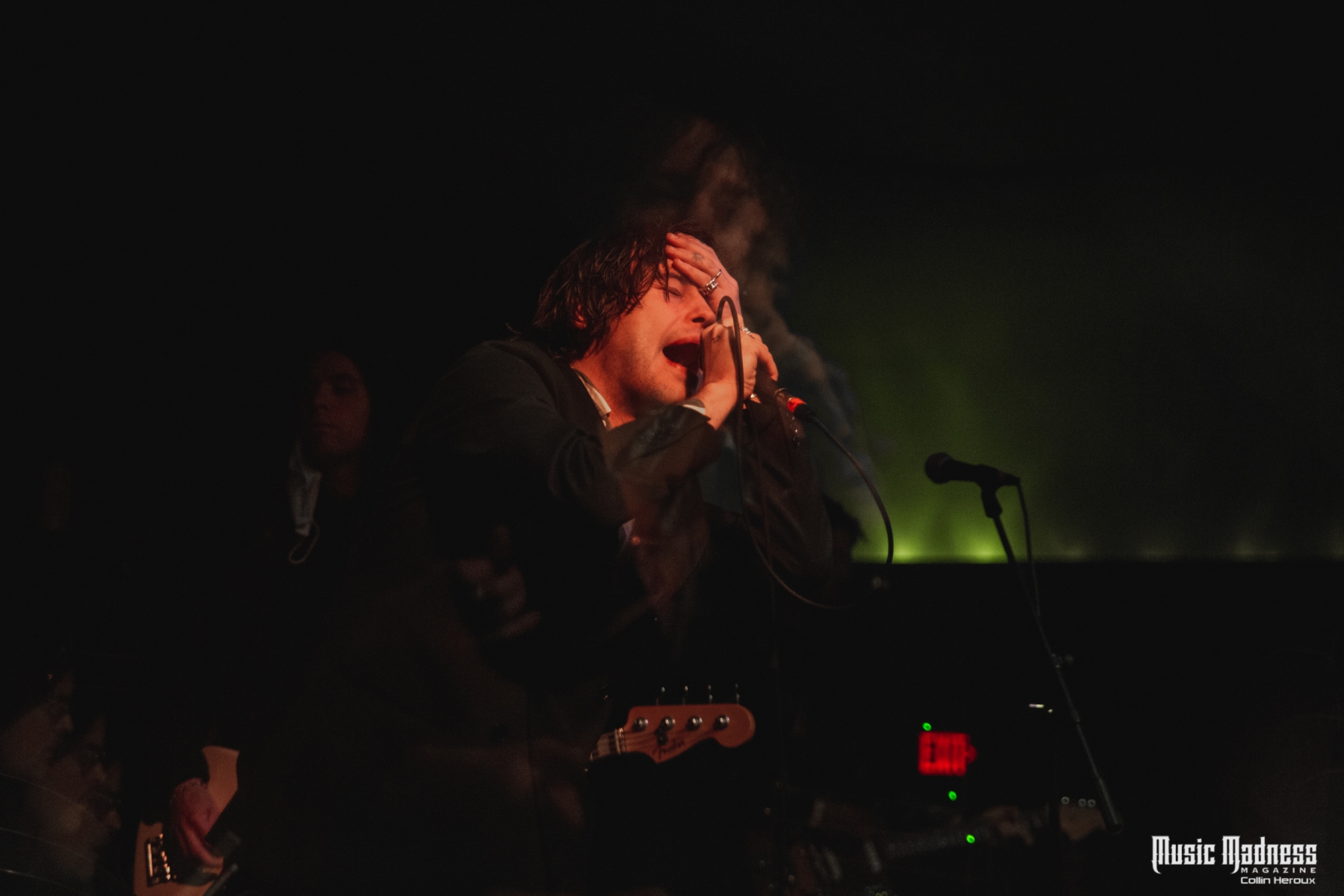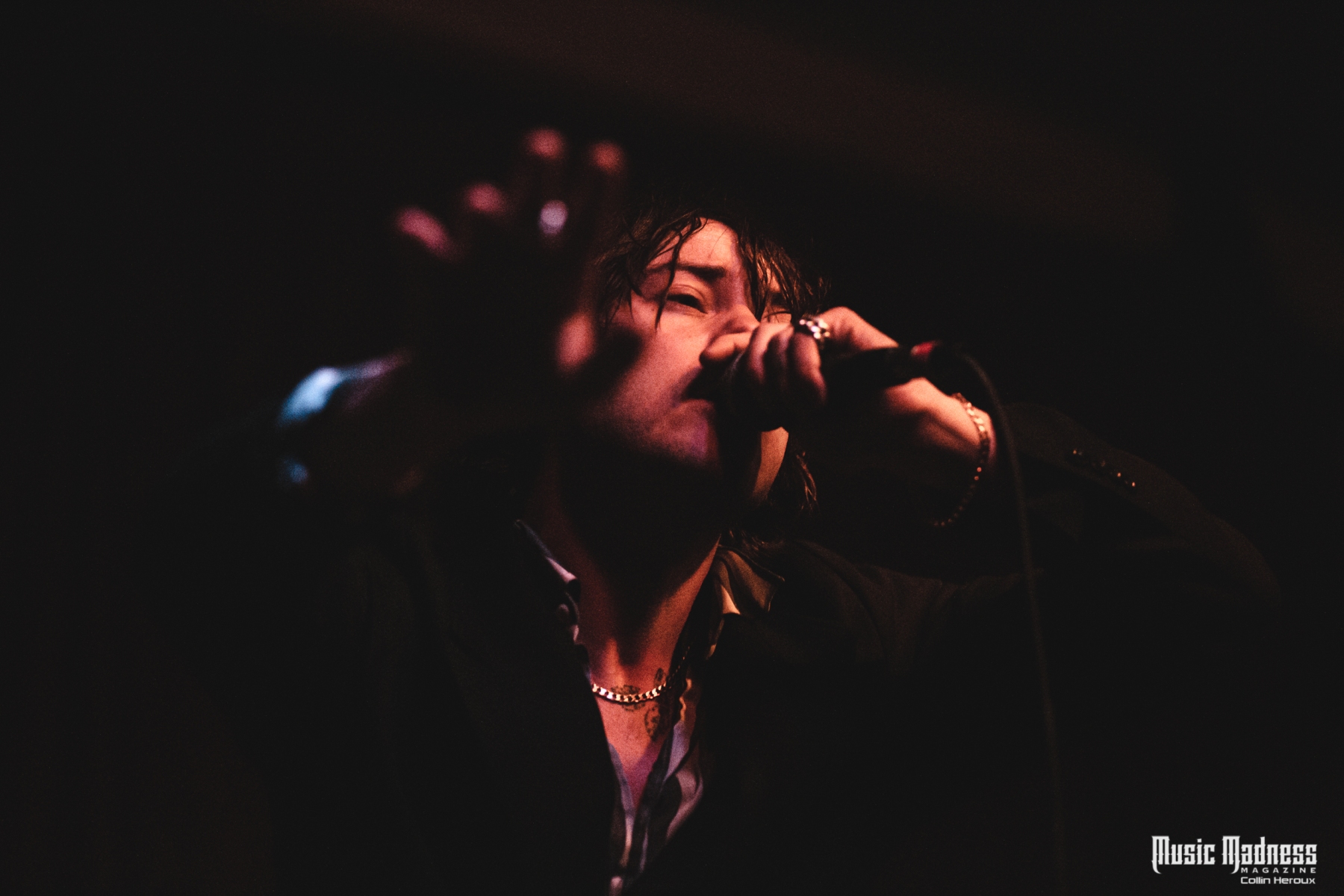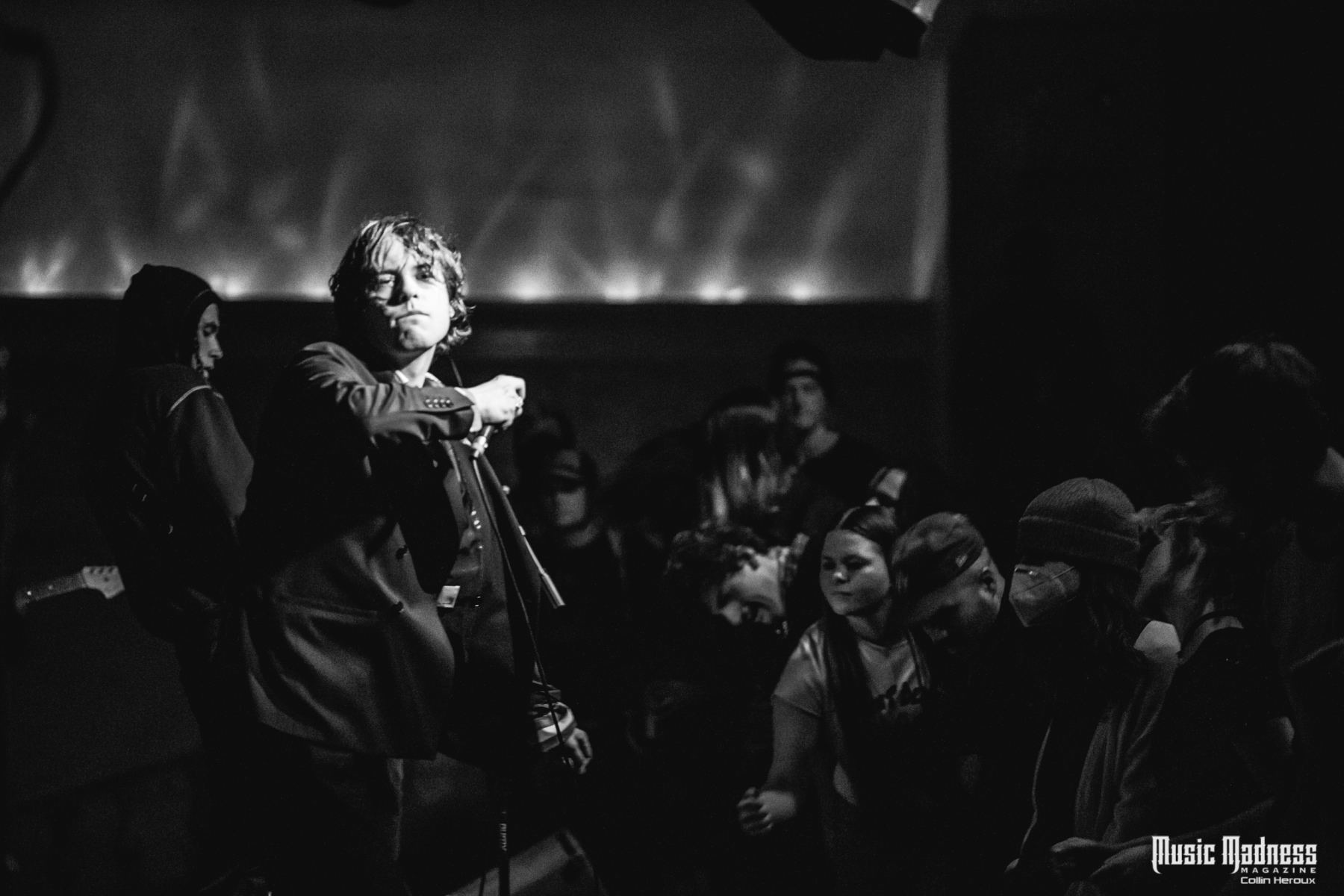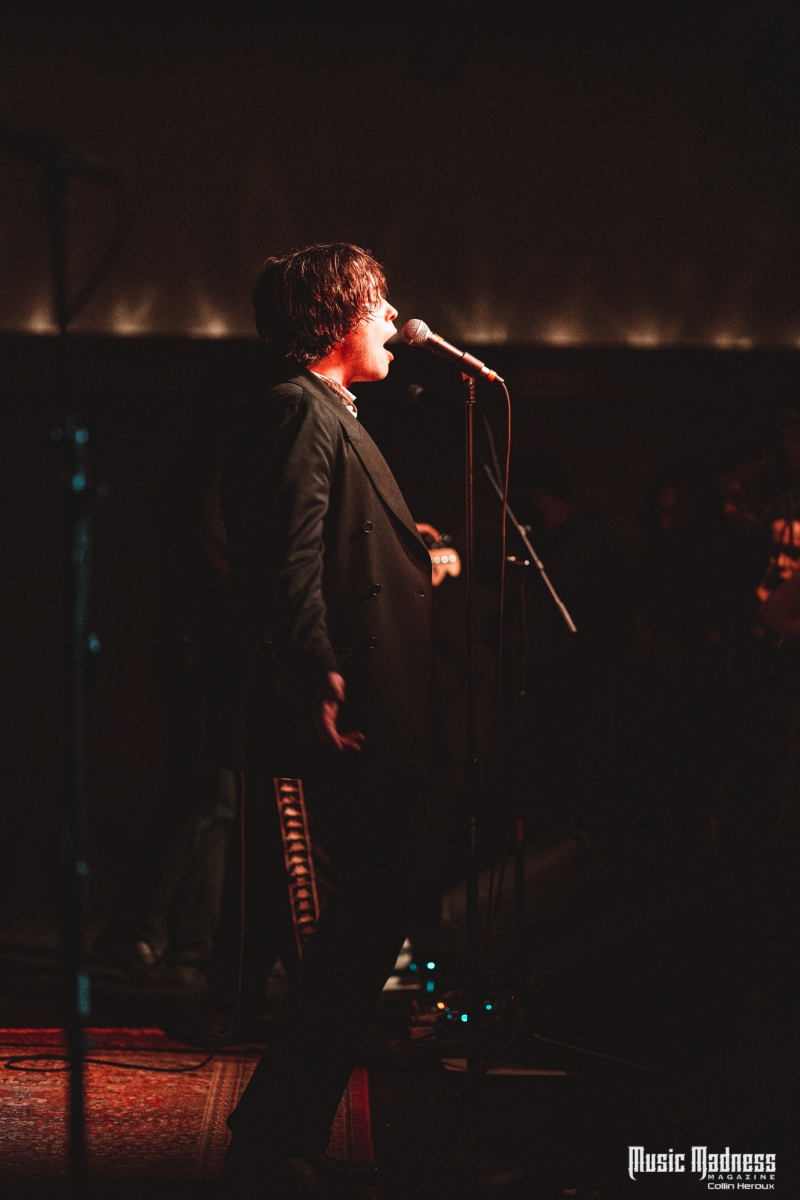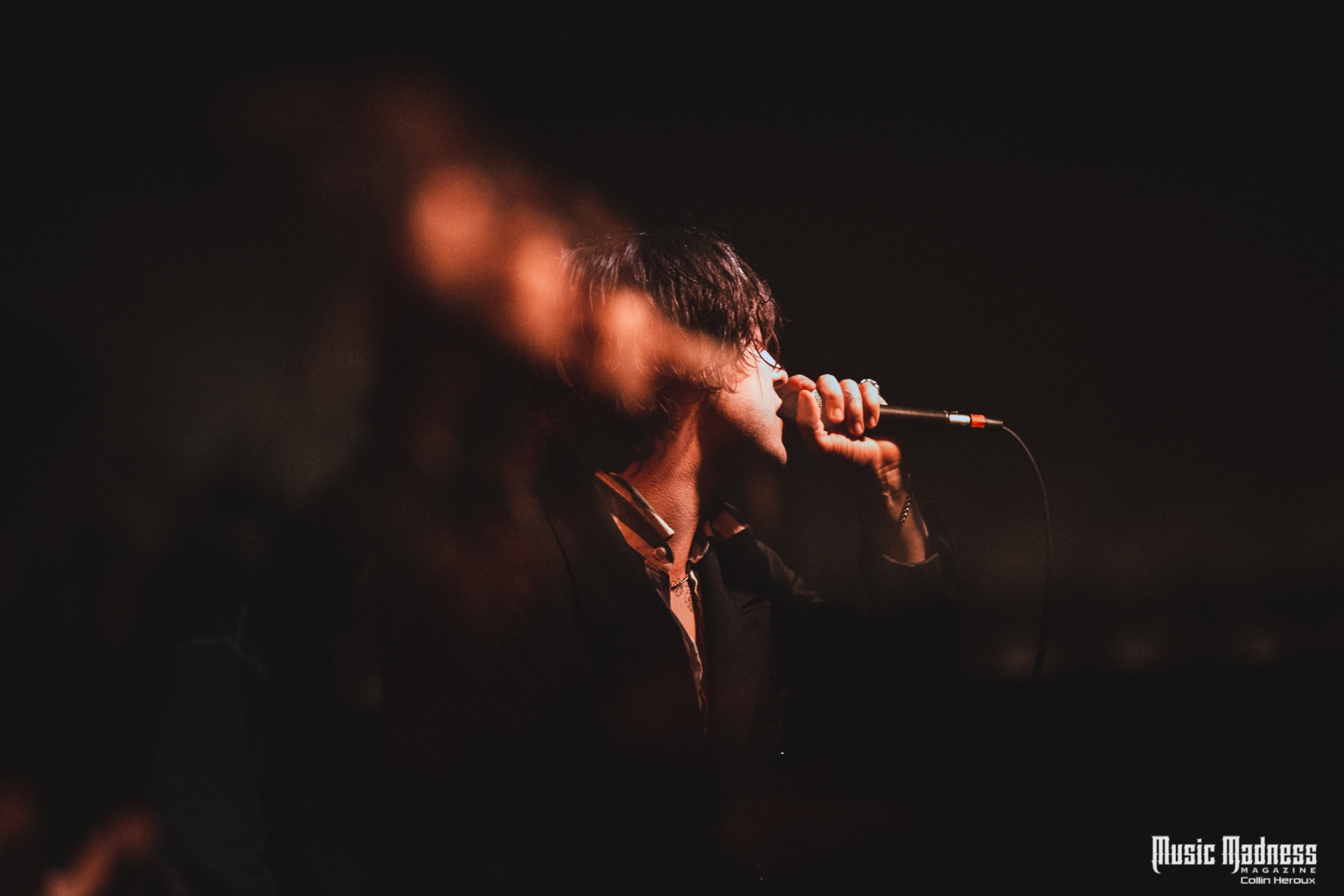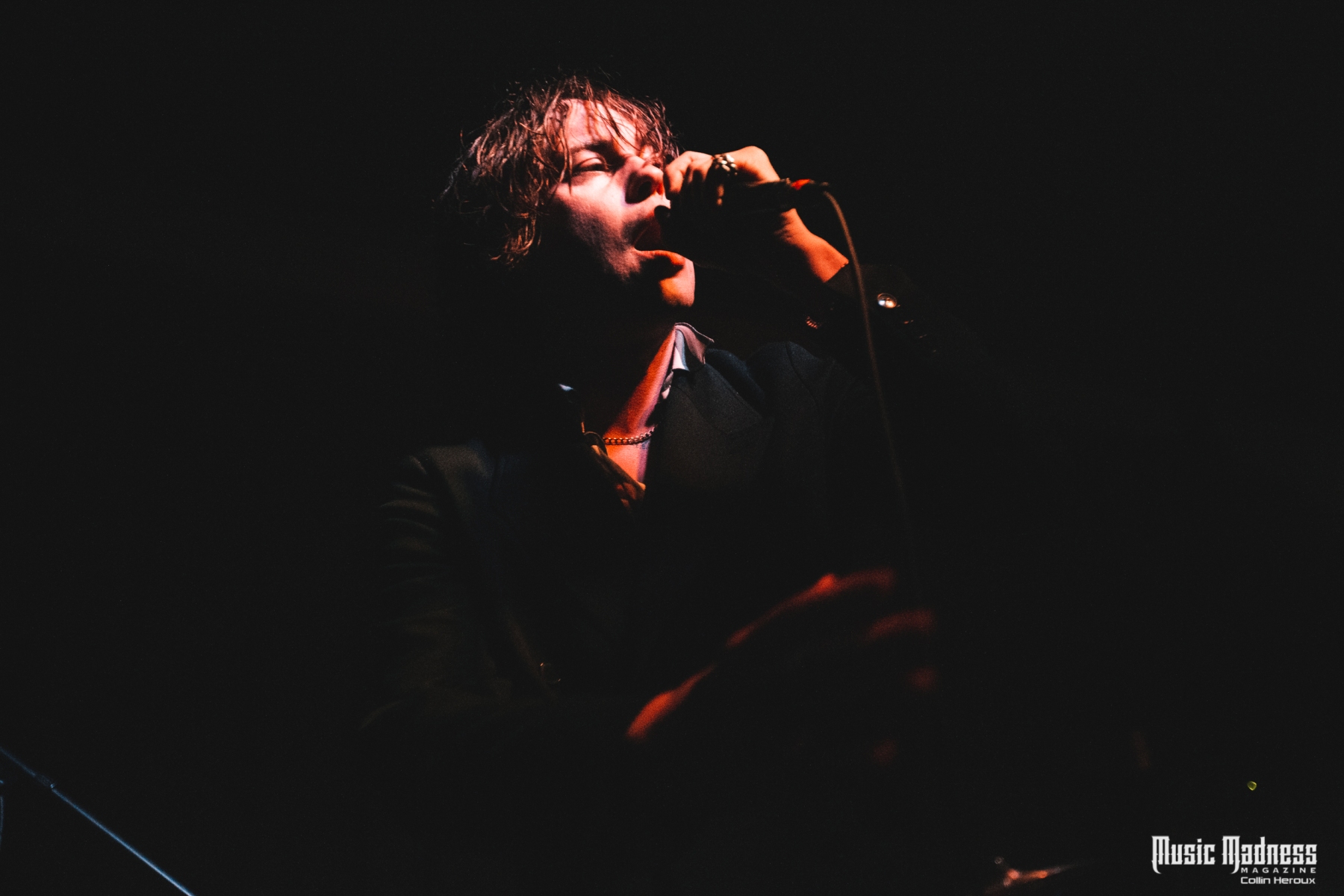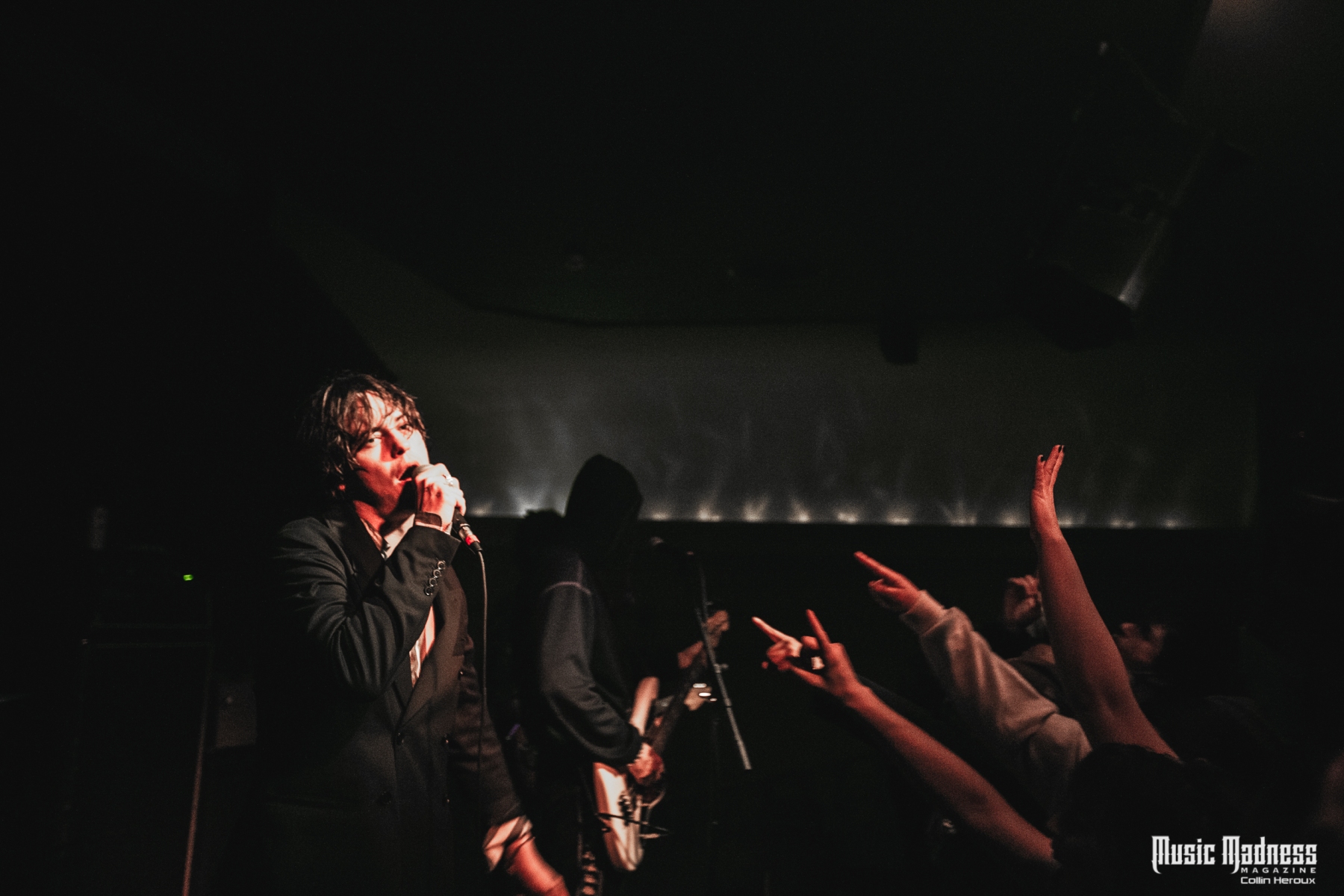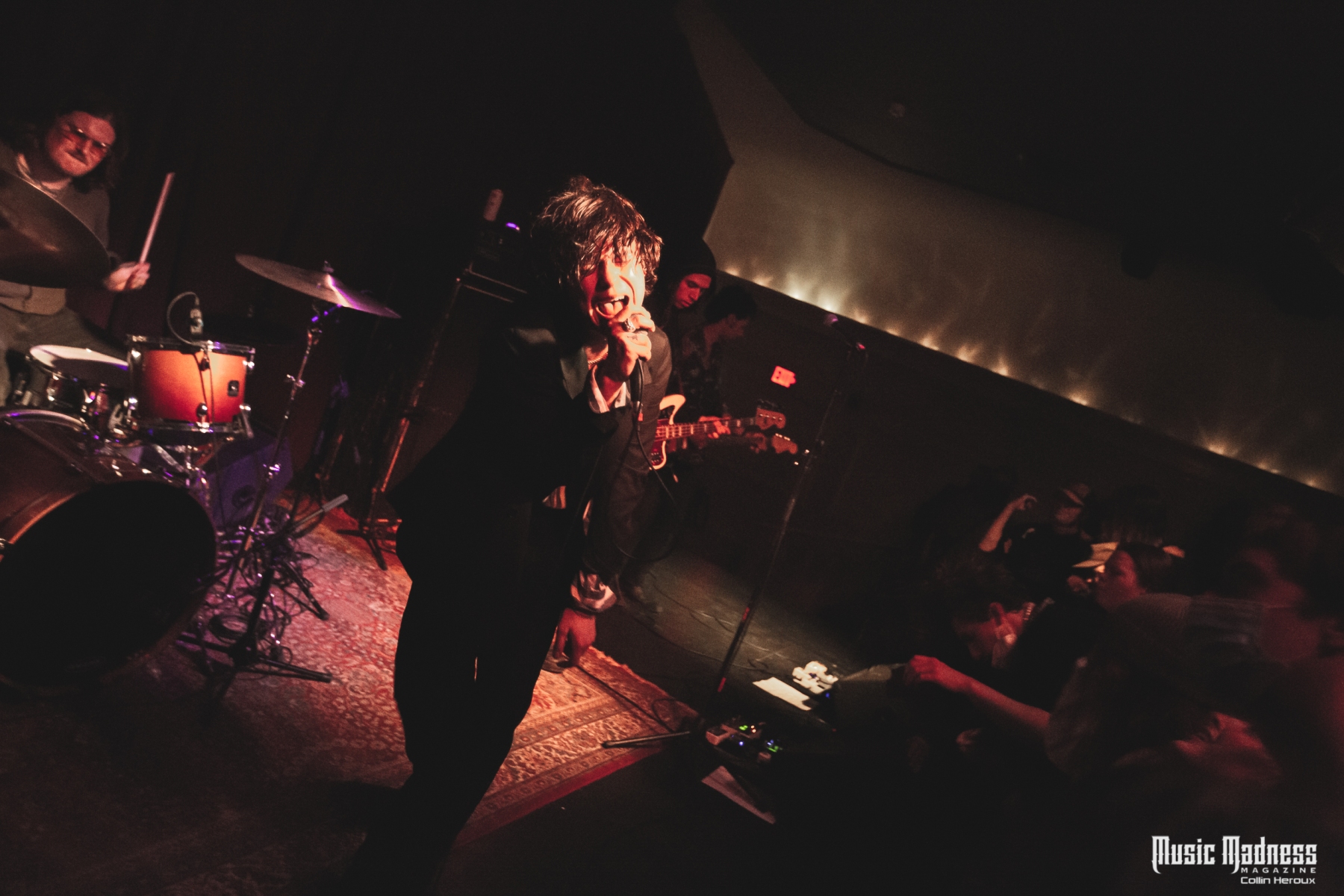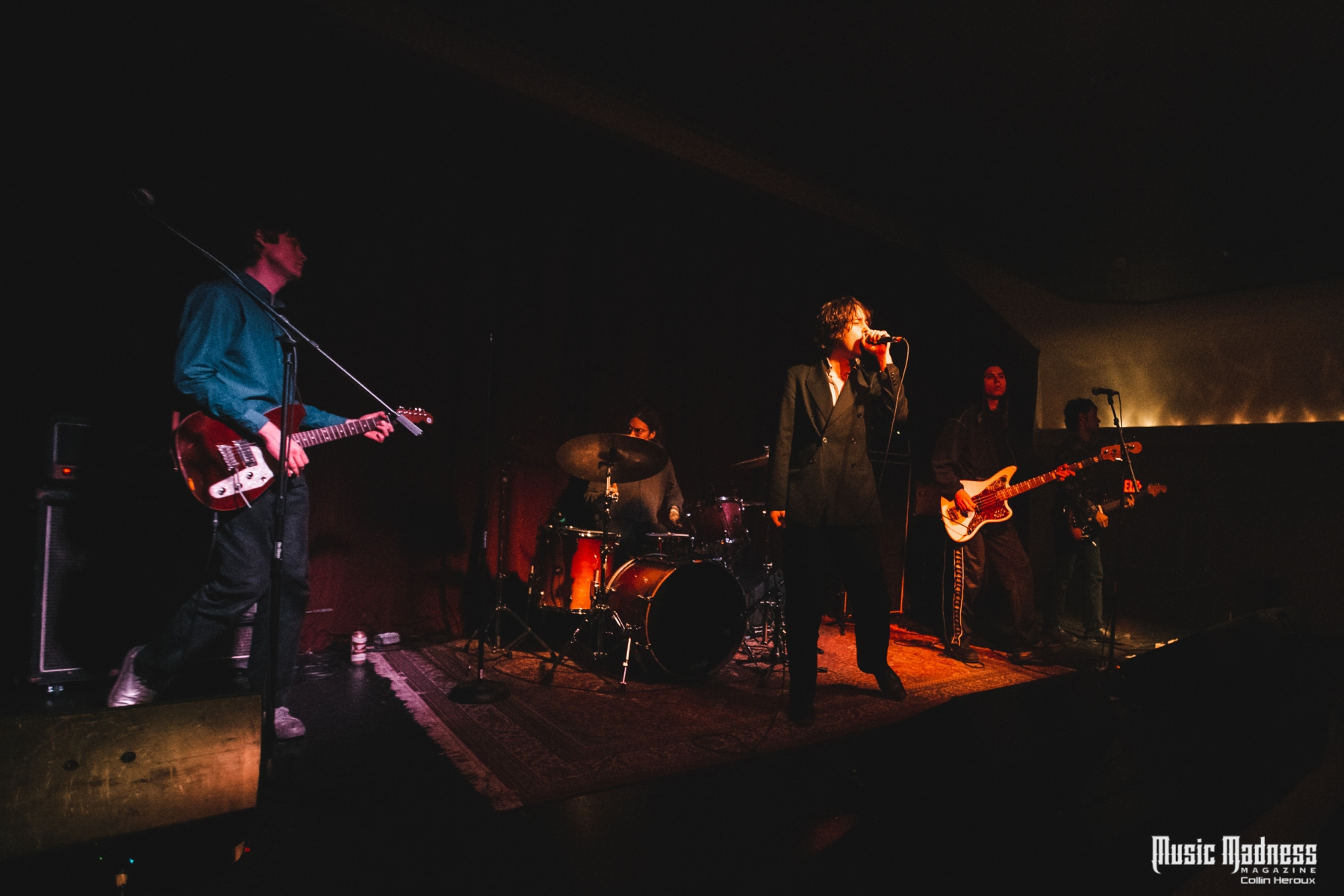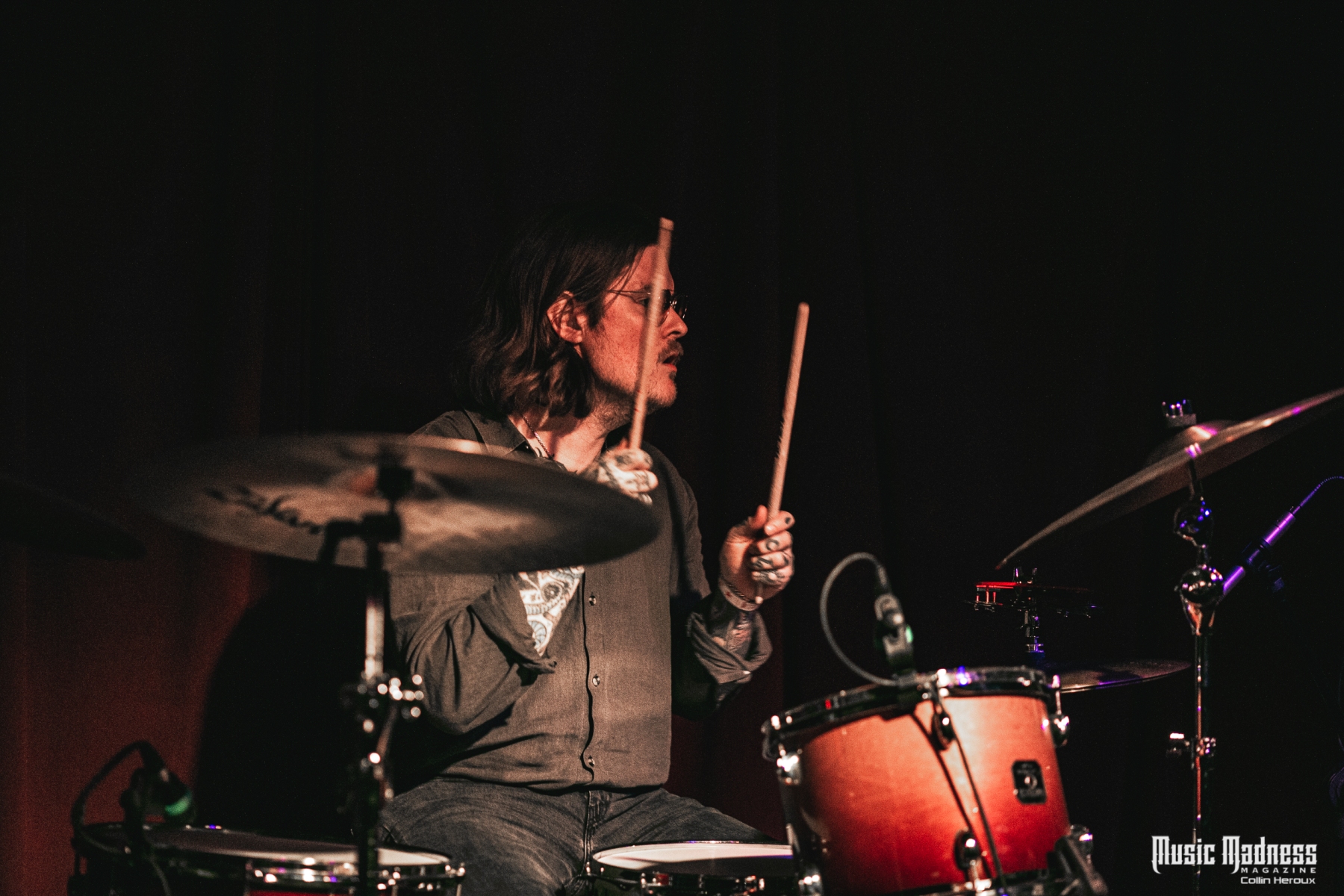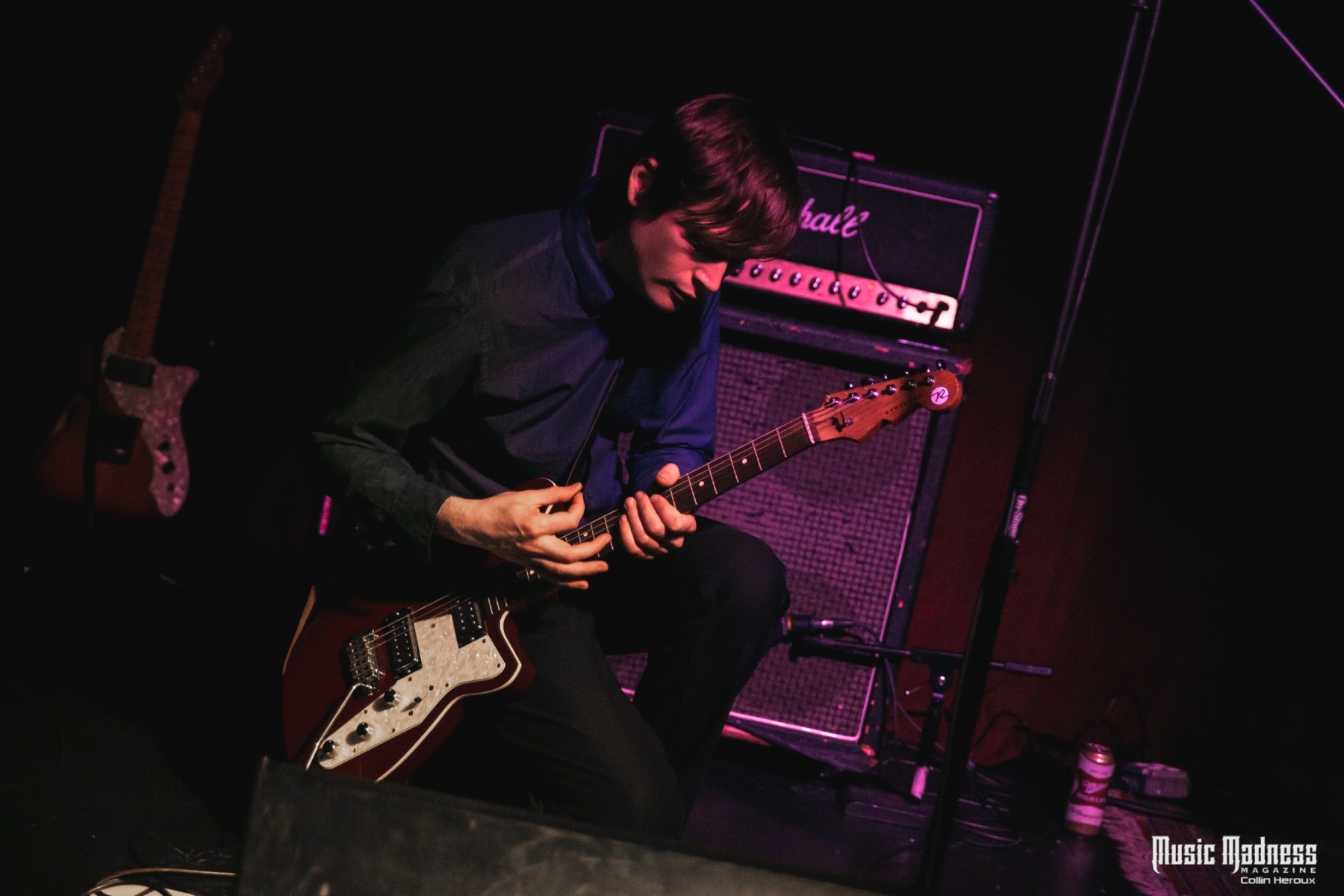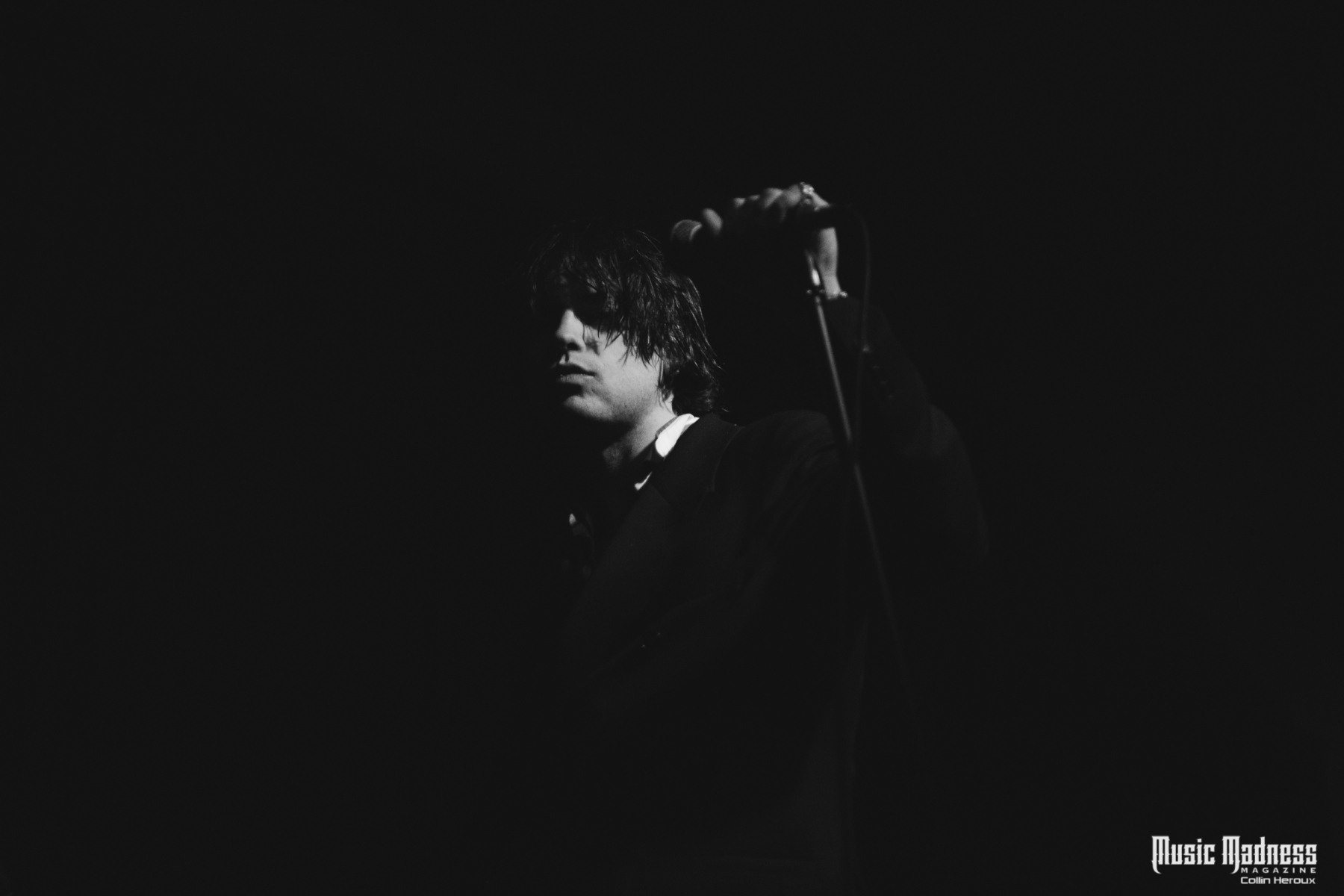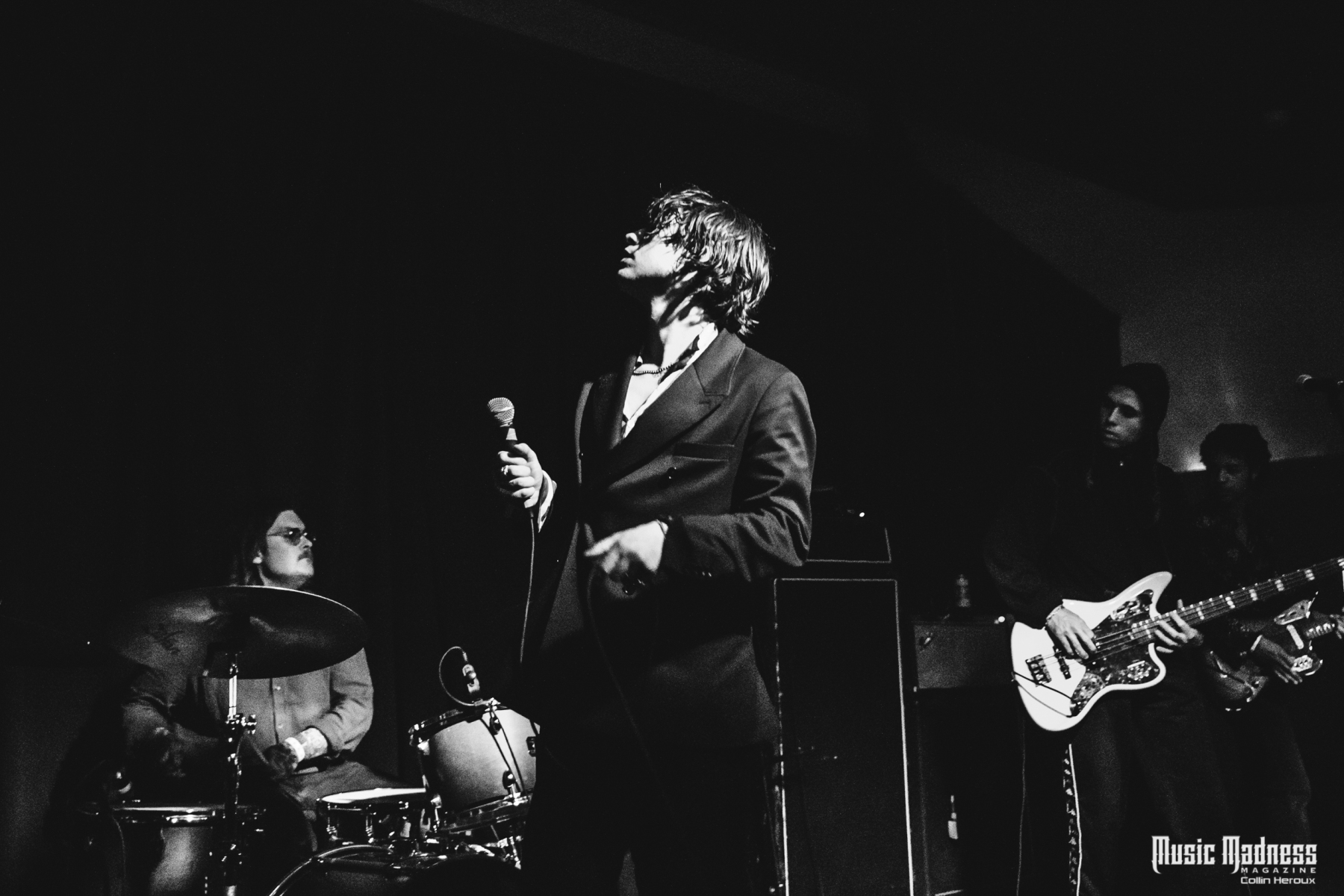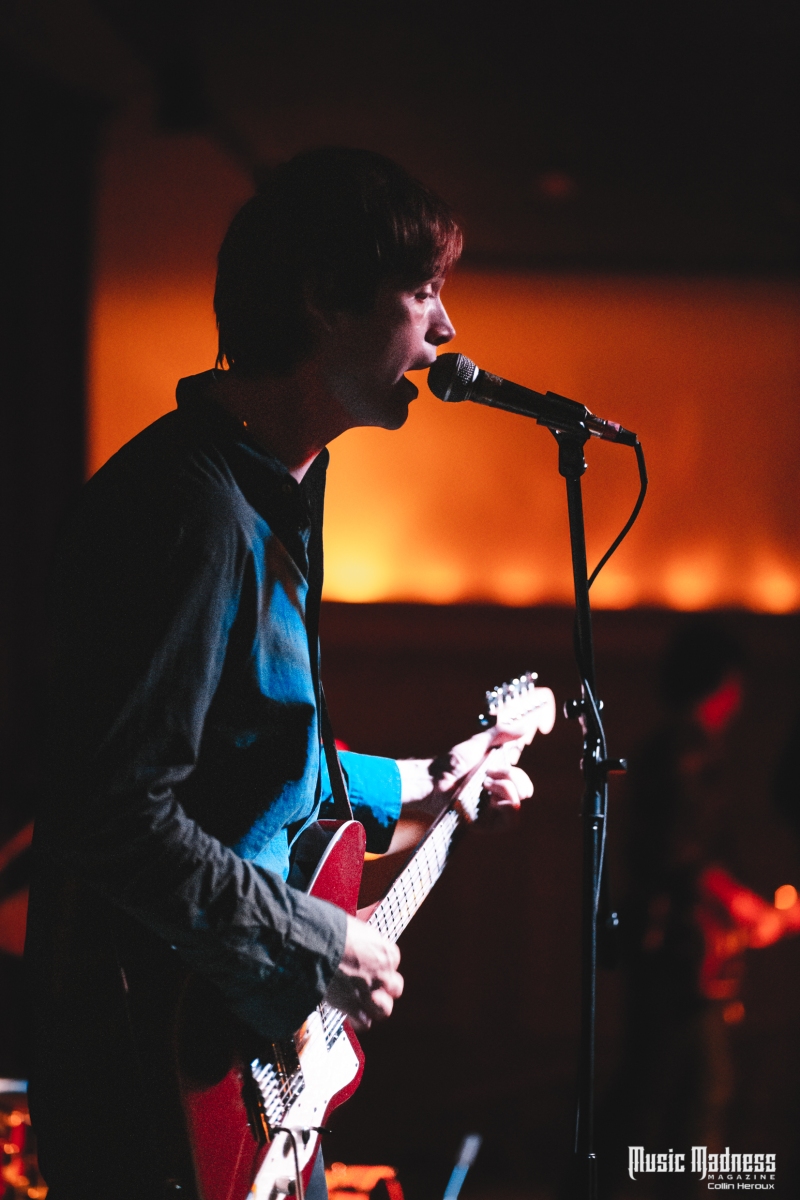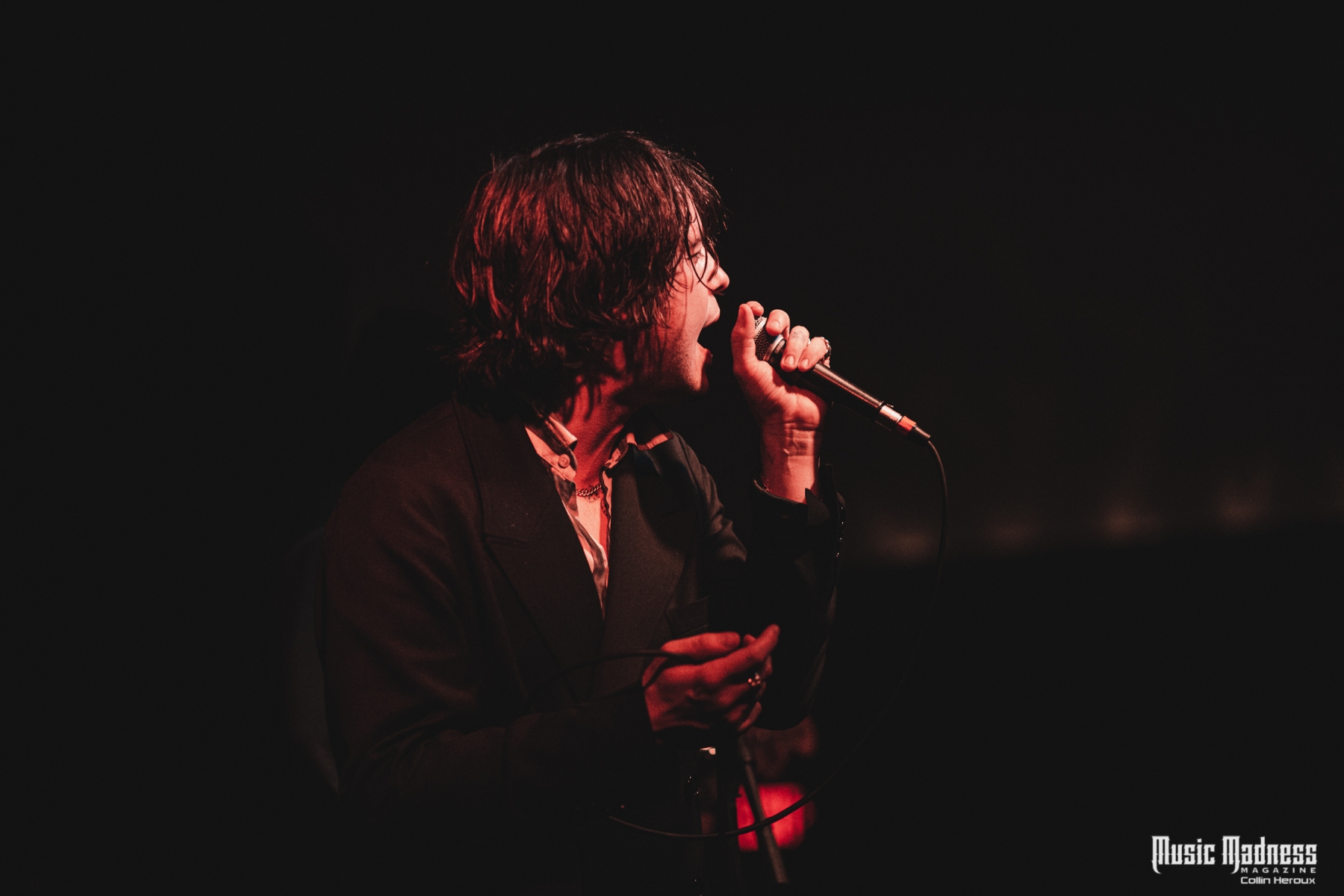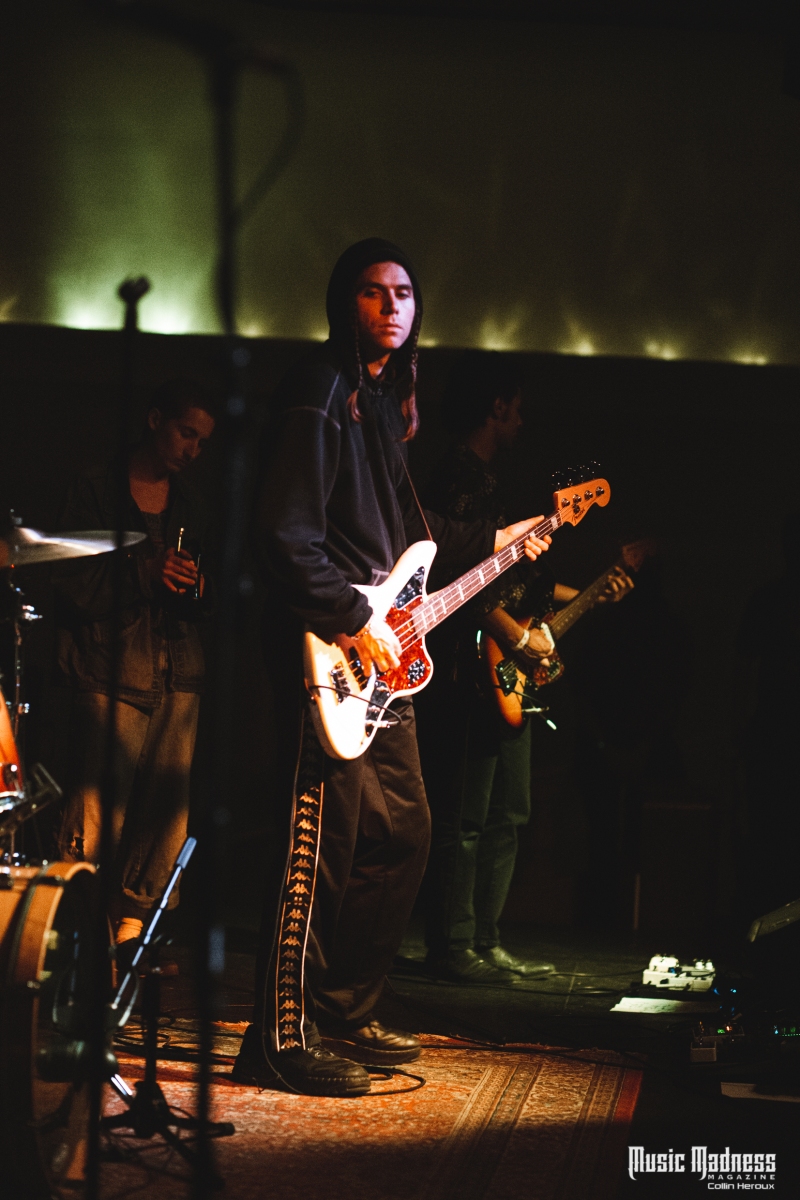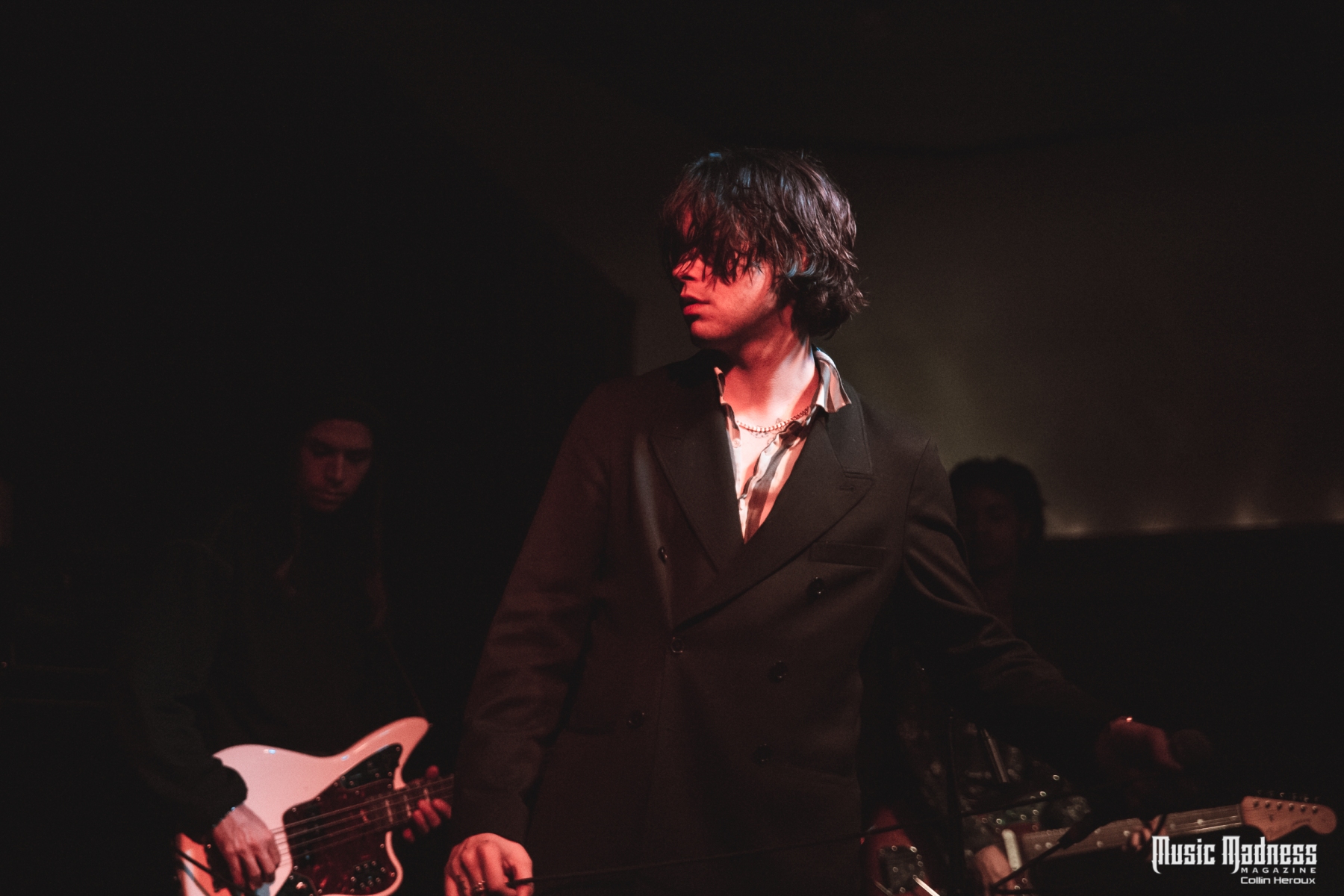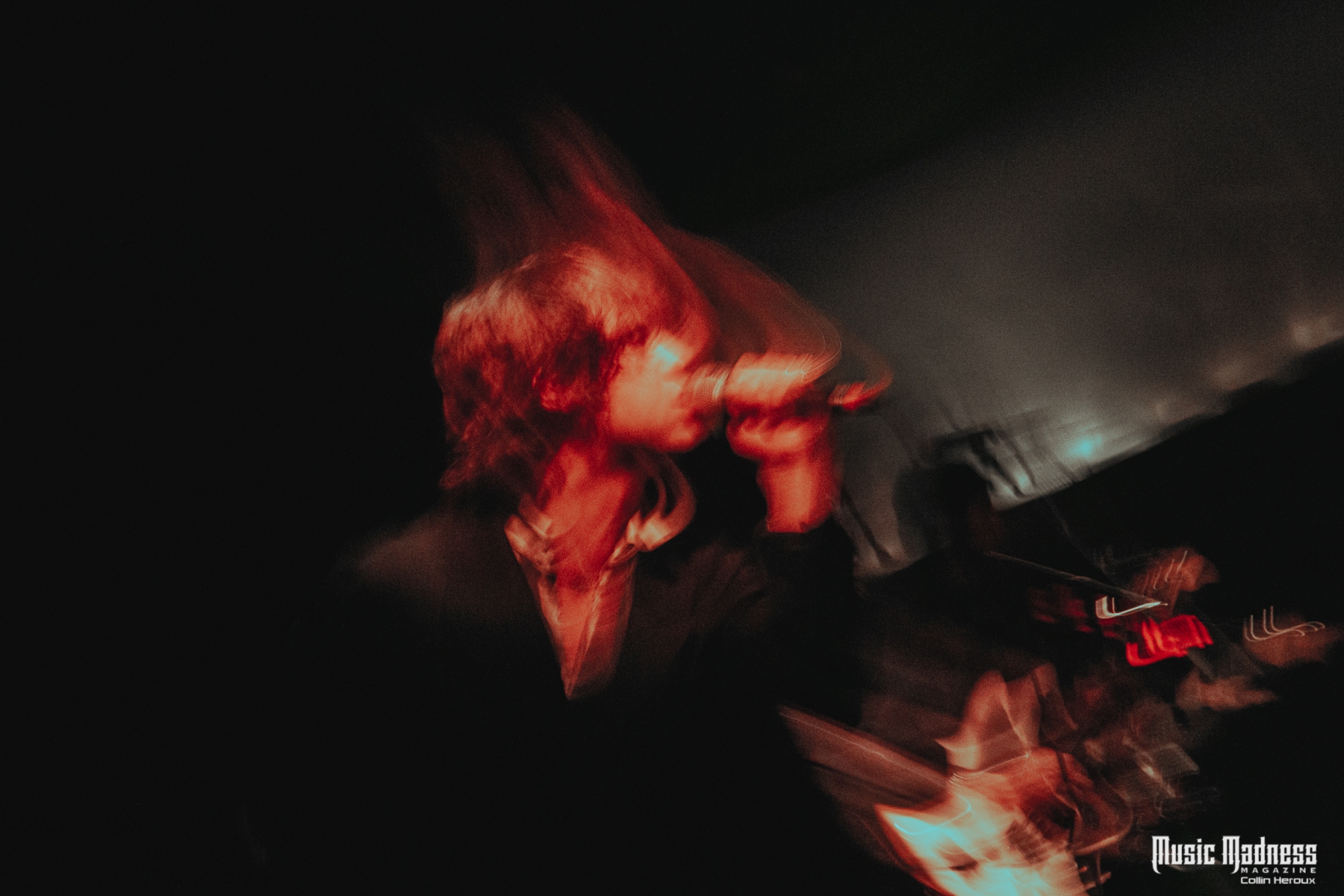
For the first three albums of their career, Danish punks Iceage penned dark, brooding, harrowing songs inflected with punk abandon, this phase of their career peaking arguably in 2014 with the release of Plowing into the Field of Love. It was the band’s breakout record that pushed them across seas and onto larger stages than ever before. But after that record, the band’s sound started to gradually transform, incorporating a much wider array of sounds and influences that have firmly seated them in a category of their own.
Make no mistake, there’s still plenty of darkness and violence in Iceage’s recent work, but alongside that, it’s startling the degree to which the band on their last two records has embraced more traditional forms of rock and roll, without compromising their unique synthesis of influences. They injected more jangling tambourines and horns across Beyondless, which found songs like ‘Thieves Like Us’ drunkenly stumbling along with almost playful cadence, and ‘Showtime’ channeling first Angelo Badalamenti before bursting through a curtain and into a Tom Waits song, all chaotic brass, and tragic suicide.
With their latest record Seek Shelter, the band borrows from the likes of gospel music, The Rolling Stones, and more, creating an equal counterweight to the oppressive gloom and punk rushdowns of their previous records that still rear their heads here and there. ‘Dear Saint Cecilia’, the first track the band plays upstairs in the red room of Providence’s historic Columbus Theatre, is a classic rocker to the core, recalling the Stones (perhaps ironically considering the presence of a ‘Shelter Song’ on the album) – albeit through the distorted lens of Peter Kember of Spacemen 3, who produced the record alongside the young band.
‘Shelter Song’, one of the album highlights, absolutely soars, Rønnenfelt singing slowly and employing his upper register, the song hitting its crescendo with the excellent lyric, “They kick you when you’re up / they knock you when you’re down,” one of those clever turns of phrase with which Rønnenfelt has come to excel in his evolution as a writer. Iceage have always possessed the potential to capture a massive arena full of people – though one would be forgiven for expecting it would be by sheer ferocity, not with a high-flying chorus that may one day see them tour with a full gospel choir while sounding more similar to Oasis than any person listening to New Brigade in 2011 would ever think to imagine. ‘Vendetta’, with its ominous portent that “every man is someone’s successor,” slithers on a mean, ever-encroaching riff backed by drum-machine claps, but in the next moment, Rønnenfelt is walking along to the finger snaps of ‘Drink Rain’ where he’s more a forlorn Sinatra type, albeit with the more surrealist lyrics that mark his poetry.
However, one can’t be too surprised by them moving in these new directions, with ‘The Lord’s Favorite’, a standout from Plowing telegraphing where the band was heading even eight years ago. That song’s signature twisted country twang made it a fan favorite and playing live it’s the song in the set that inspires a group of people to descend to the tiny row, directly in front of the stage, limited space and seating be damned. There’s no room for a mosh pit in the tiny upstairs room, but everyone gets moving nonetheless, the audience basically on the same footing as the band members themselves.
The band, Rønnenfelt in particular, are often compared to one of the progenitors of modern post-punk, Nick Cave – and though the comparison is predictable at this point, it remains apt. Plowing into the Field of Love in particular hearkened back in some moments to Cave’s early-90s record such as Henry’s Dream in its relentlessly gloomy subject matter. Like Cave before him, Rønnenfelt wears a black suit on stage and gesticulates wildly as he commands and interacts with the front rows of each show, each party seeming to feed on the energy of the other. The other band members are quite still, but Rønnenfelt is all over the place, languid motions carrying him around, standing tall on the monitors, and reaching his arm out over the heads of the audience like a manic preacher behind a shaggy head of hair that mostly obscures his eyes.
The room is fully whipped into a frenzy by the time the end of the main set arrives, culminating with ‘Catch It’, which toys with tempo and homonyms until its thrilling final moments that ramp things up to a frantic conclusion. Returning after a short break, the band launches into ‘White Rune’, the only track from New Brigade that surfaces for the evening and its intensity is a reminder that, while Iceage’s fervor may take a different form now than it has previous, it has from the very beginning lived at the core of their music, transforming alongside them whilst never losing its vitality.

